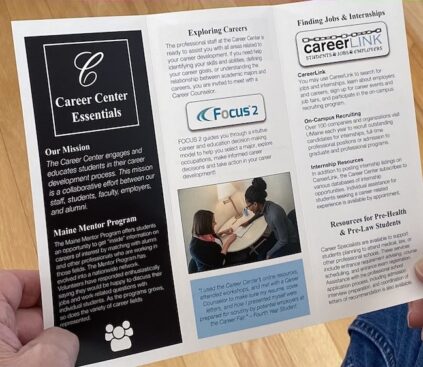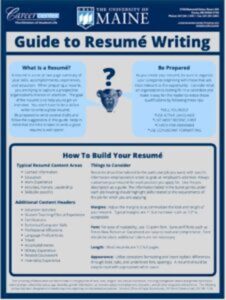To schedule an appointment, you may do so through your Navigate account or by calling 207-581-1359.
Our office hours are Monday-Friday, 8 am-4:30 pm
Walk-ins are now Monday through Thursday from 1:00-3:00 pm
Peer Advising available Mon-Thur 11:00-1:00 pm.
UMaine Machias students may book a virtual appointment with any Career Center staff by calling the UMaine Career Center at 207.581.1359 or by emailing umainecareercenter@maine.edu. UMaine Machias students may also stop by during walk-in hours on Wednesdays from 1:15 pm-3:00 pm in room 227A Torrey Hall.
 Come visit our new headshot area! Open everyday during our office hours. Perfect for LinkedIn profiles!
Come visit our new headshot area! Open everyday during our office hours. Perfect for LinkedIn profiles!
Here are some quick tips to create a professional photo!
Pathways to Careers Funding Opportunity!
Pathways to Careers Funding Opportunity! Apply for more resources while you work at your internship!







